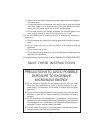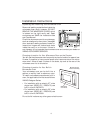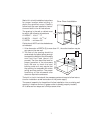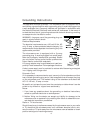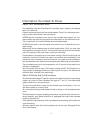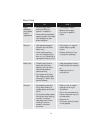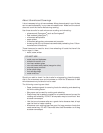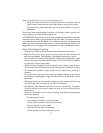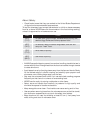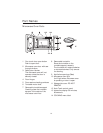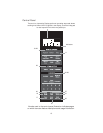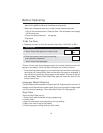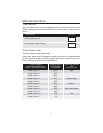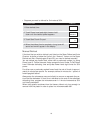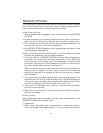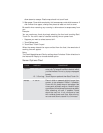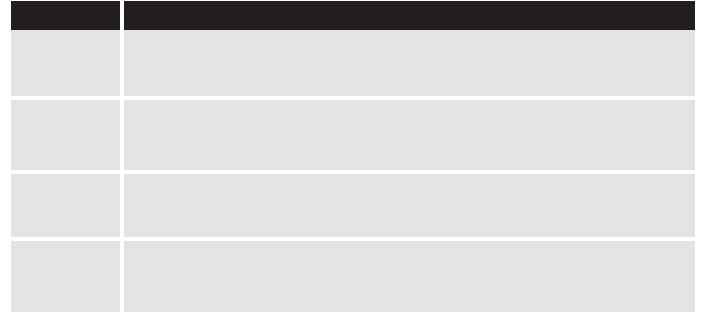
13
• Check foods to see that they are cooked to the United States Department
of Agriculture's recommended temperatures.
To test for doneness, insert a meat thermometer in a thick or dense area away
from fat or bone. NEVER leave the thermometer in the food during cooking,
unless it is approved for microwave oven use.
•ALWAYS use potholders to prevent burns when handling utensils that are in
contact with hot food. Enough heat from the food can transfer through utensils
to cause skin burns.
•Avoid steam burns by directing steam away from the face and hands. Slowly
lift the farthest edge of a dish's covering and carefully open popcorn and
microwave oven cooking bags away from the face.
• Stay near the microwave oven while it's in use and check cooking progress
frequently so that there is no chance of overcooking food.
• NEVER use the cavity for storing cookbooks or other items.
• Select, store and handle food carefully to preserve its high quality and
minimize the spread of foodborne bacteria.
• Keep waveguide cover clean. Food residue can cause arcing and/or fires.
• Use care when removing items from the microwave oven so that the utensil,
your clothes or accessories do not touch the safety door latches.
• Keep aluminum foil used for shielding at least 2.5 cm (1 inch) away from
walls, ceiling and door of microwave oven.
About Safety
... for fresh pork, ground meat, boneless white poultry, fish,
seafood, egg dishes and frozen prepared food.
... for leftover, ready-to-reheat refrigerated, and deli and
carry-out “fresh” food.
... white meat of poultry.
... dark meat of poultry.
FOOD
160°F
(71°C)
TEMP
165°F
(74°C)
170°F
(77°C)
180°F
(82°C)



